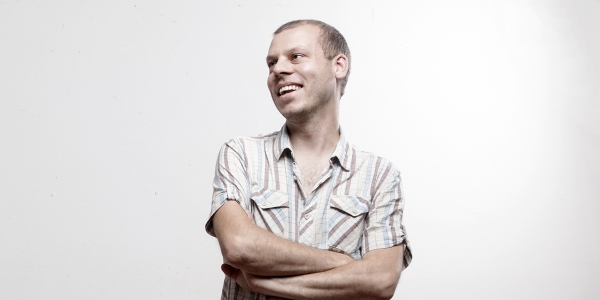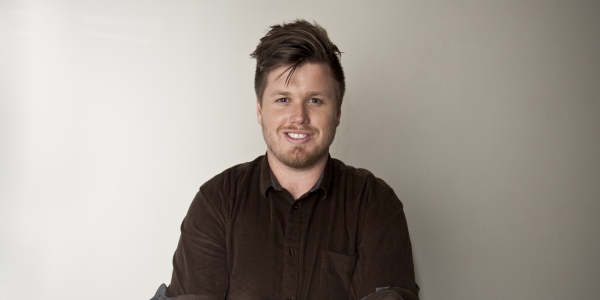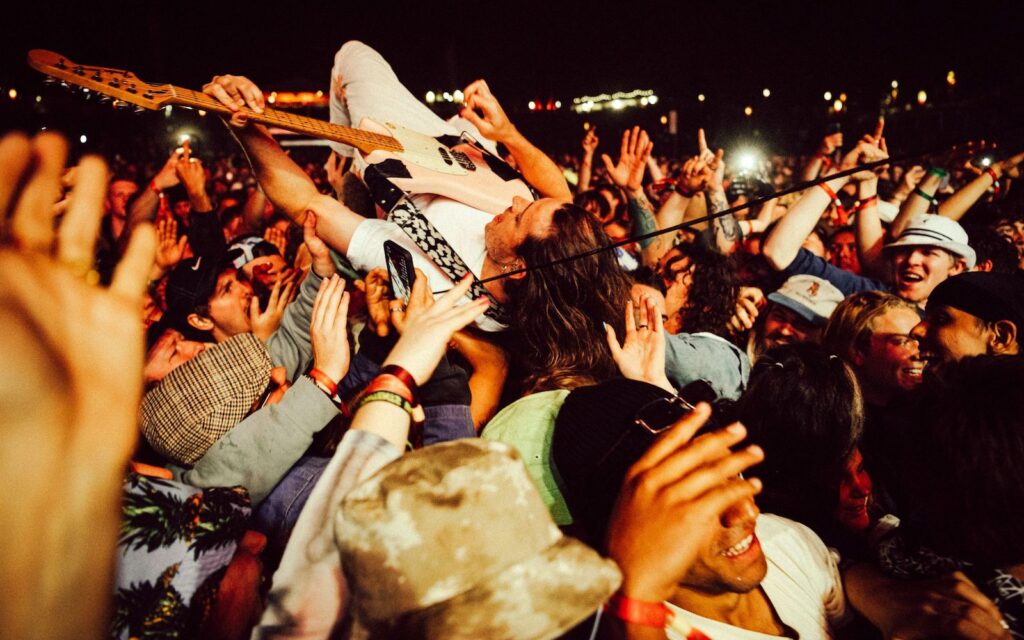Ludowyk, himself a musician who has played with bands such as The Public Opinion Afro Orchestra, The Afrobiotics and the The Bombay Royale, doesn’t play live as much as he used to. “I’m mainly a trumpet player,” he says. “But I also play guitar, keyboards, percussion…I still work with those bands sometimes. I do African funk, that kind of thing. I really love doing that but I love getting bands into the studio and working with them there even more. I’ve personally found a lot of satisfaction in creating a musical work from start to finish. Whether it’s writing and arranging it, getting the right sound in the studio…the way you mix it can bring everything together and give you a really satisfying result.”
HopeStreet Recordings was started by Ludowyk and a fellow musician and engineer, the rather dramatically named Bobzilla. “We wanted to get into analogue recording,” explains Ludowyk. “That kind of stuff. We started because we just wanted to explore it, doing four-track recordings, funk and soul and just kind of having a jam. Out of that we ended up with some music we thought was pretty cool and which we thought would do well in a vinyl format. We ended up pressing some 7 inches, and doing a few one-off small run records. Bit by bit we worked out how to get them into the hands of people overseas and find niche markets for vinyl funk, soul and Afrobeat. Different types of stuff that record collectors and DJ nerds like as well as general music fans.”
Ludowyk has a way of simplifying the story of the label’s development to a point where it seems like launching a band might be as easy as picking up the phone book. “There’s little niches around the world looking for the sort of music that we do,” he says. “It’s not necessarily a huge scene in any particular town, but putting something on vinyl…if it’s a good record then people are going to be looking for it. Whether it’s in the UK or New York, someone’s going to buy that record if they can find it. It was a good way for us to start. We found some distributors overseas that supported our kind of stuff, and started hooking up these contacts overseas.” Simple.
Maybe it hasn’t all been quite that easy, but it’s clearly a labour of love. “The whole time it’s always been fun,” Ludowyk asserts. “Recording and producing music is why we started putting all this stuff together in the first place.” HopeStreet is still very much a hands-on operation for Ludowyk, who together with Bobzilla has produced each and every record they’ve put out to date.
“That’s kind of part of the personal reason for us for doing it but at the same time we’ve built up a platform for launching the careers of other bands which we’ve been in or are working with. We can start some careers for artists and help them get known overseas as well through what we’re doing, introducing them to audiences they normally wouldn’t get exposed to until they started doing tours around the world.
“With the Bombay Royale after we put out the record last year it got into the hands of some people and it helped them get this tour. They did it this year and it put them on the map a bit, they landed some really good gigs and festivals. It’s a fairly easy way to get bands like that started. It’s been pretty cool.” It is indeed. But what else would you expect from an operation run out of an abandoned textiles factory somewhere in Brunswick, beneath the sign of a long-defunct karate school, run by two mysterious guys known as Bobzilla and Tristan Ludowyk?
BY JOSH FERGEUS







